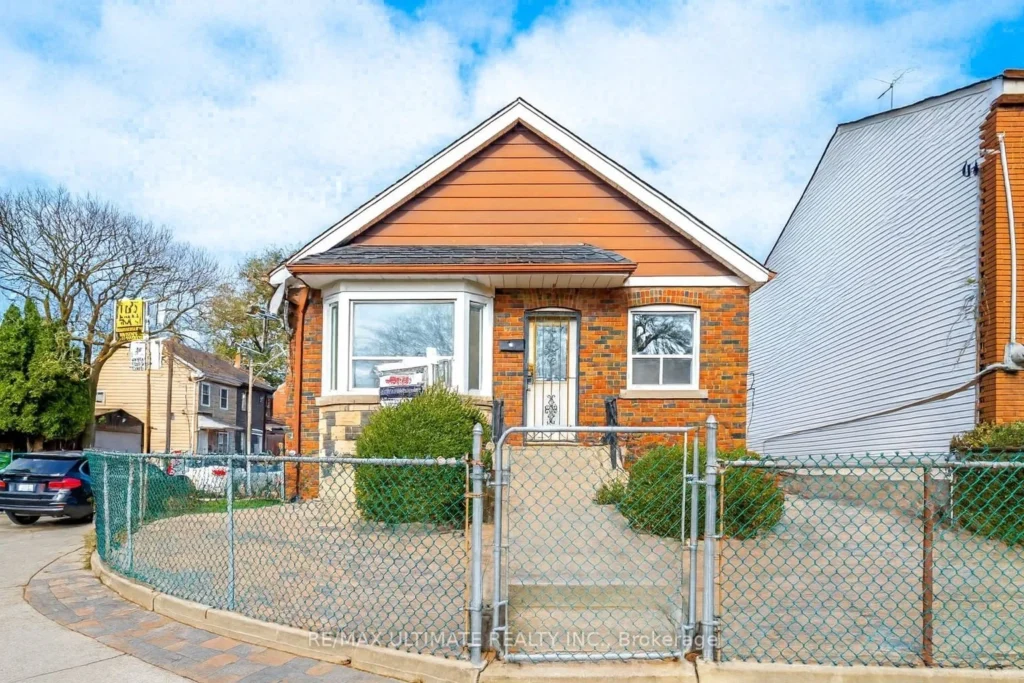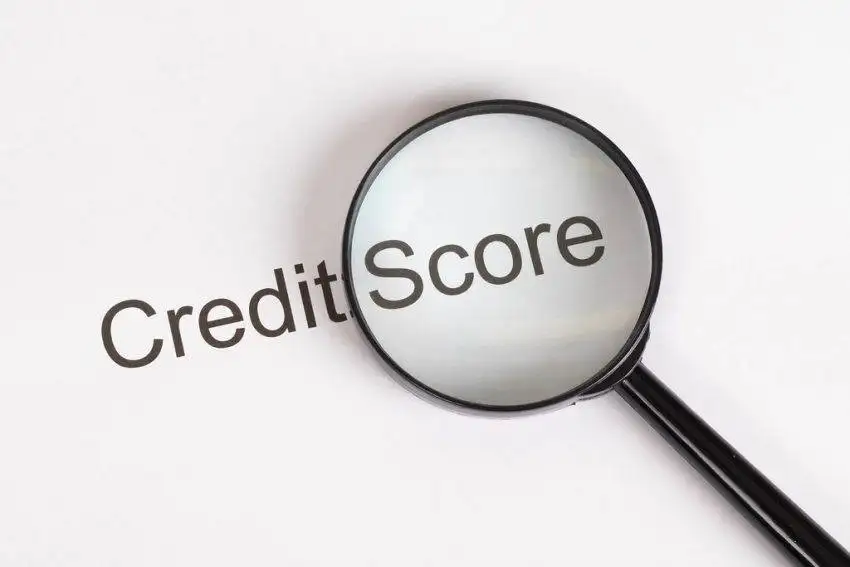Overview: a guide for new home buyers looking to build their credit score and qualify for a mortgage.
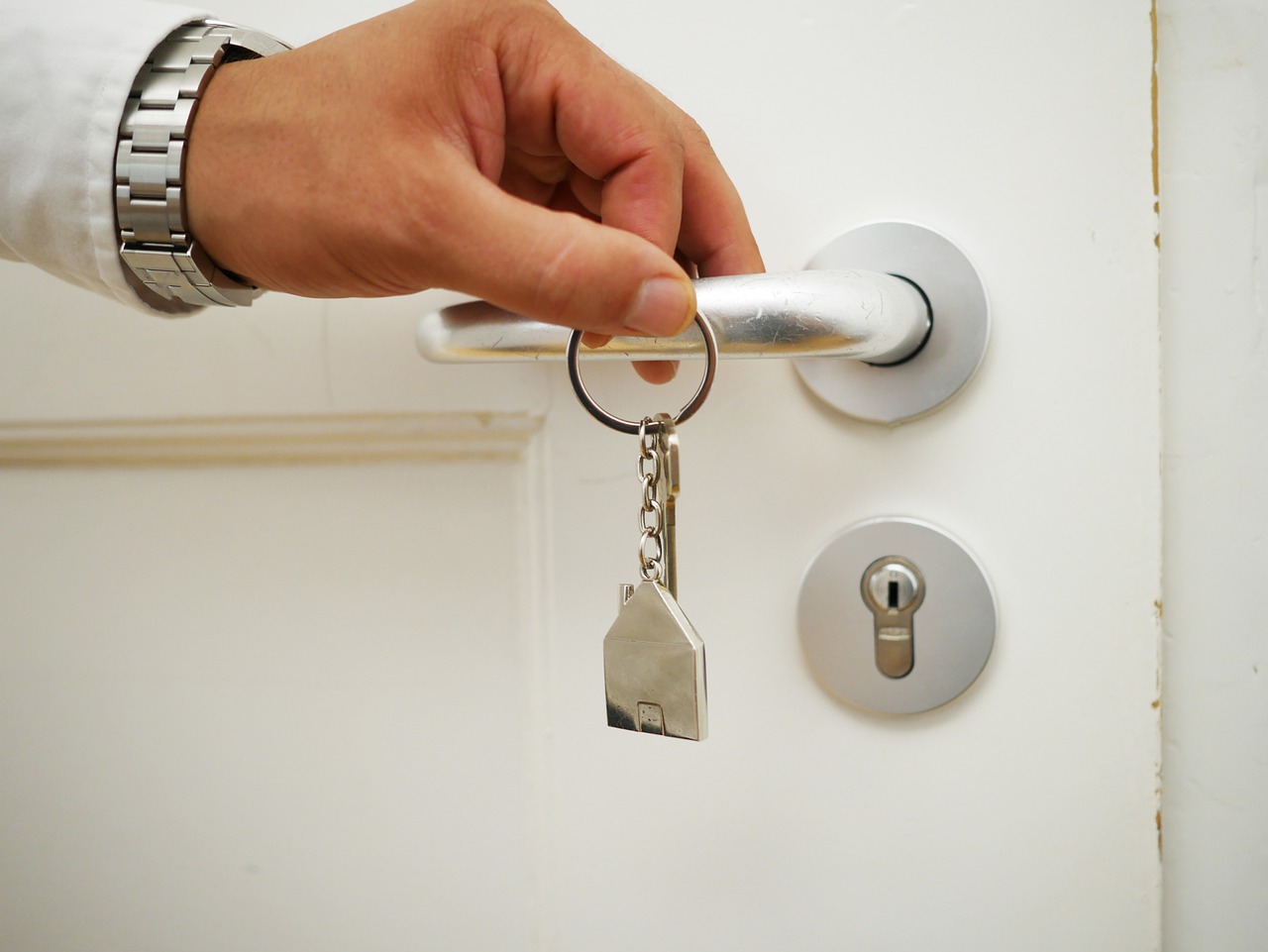
It determines whether your mortgage is approved or denied, how much interest you’ll pay on your home loan, the terms of your mortgage, and the availability of lenders.
And with interest rates soaring, qualifying for a mortgage is becoming increasingly harder—especially for new home buyers.
So let’s take a look at your credit score, including what it is, how to find it, how much you need, and the best ways to improve it.
What Is A Credit Score?
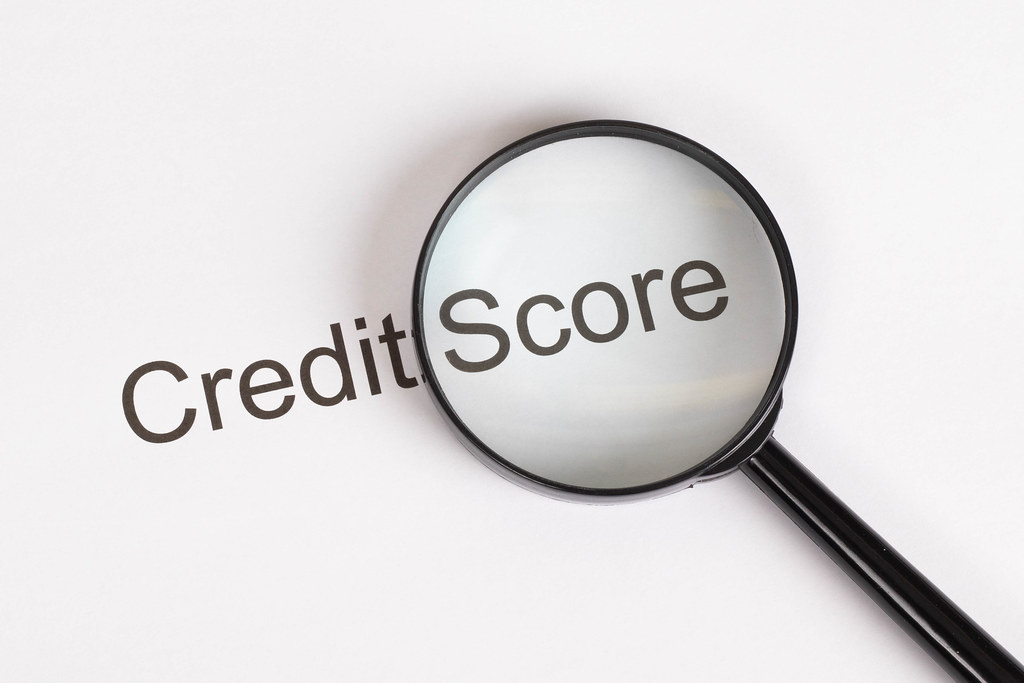
According to the Financial Consumer Agency of Canada (FCAC):
Your credit score is a three-digit number that…shows how well you manage credit and how risky it would be for a lender to lend you money.
That number ranges from 300 to 900, and the higher it is, the better your credit score.
Credit scores generally fall under 5 levels:
- 300-579: Poor
- 580-669: Fair
- 670-739: Good
- 740-799: Very good
- 800-850+: Excellent
What Is A Credit Report?
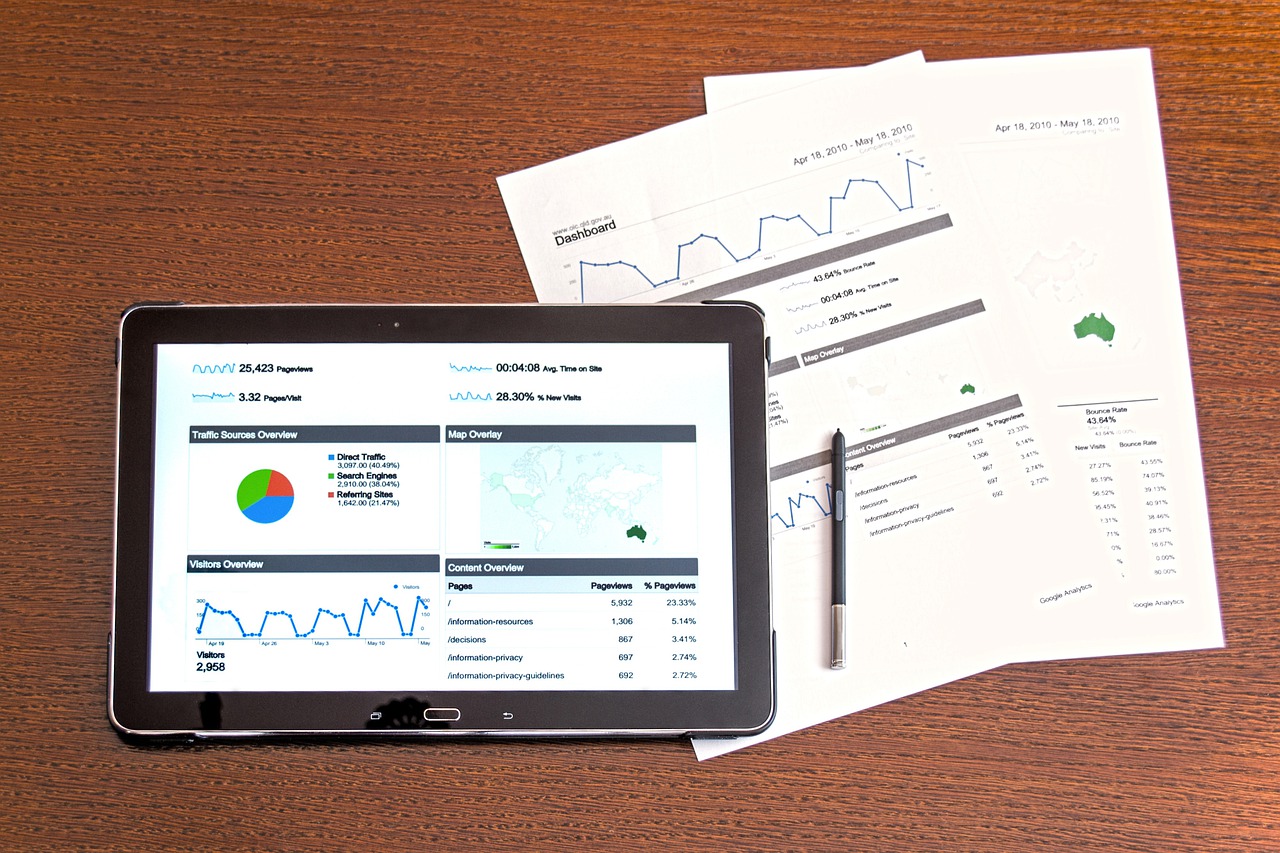
A credit report is a summary of your credit history.
The report is used to calculate your credit score, but does not actually contain it.
A credit report is created when you borrow money or apply for credit for the first time.
Banks and other lenders send your information to credit bureaus, also known as credit reporting agencies.
Canada has two main credit bureaus: Equifax and TransUnion.
Who Has Access To Your Credit Report?
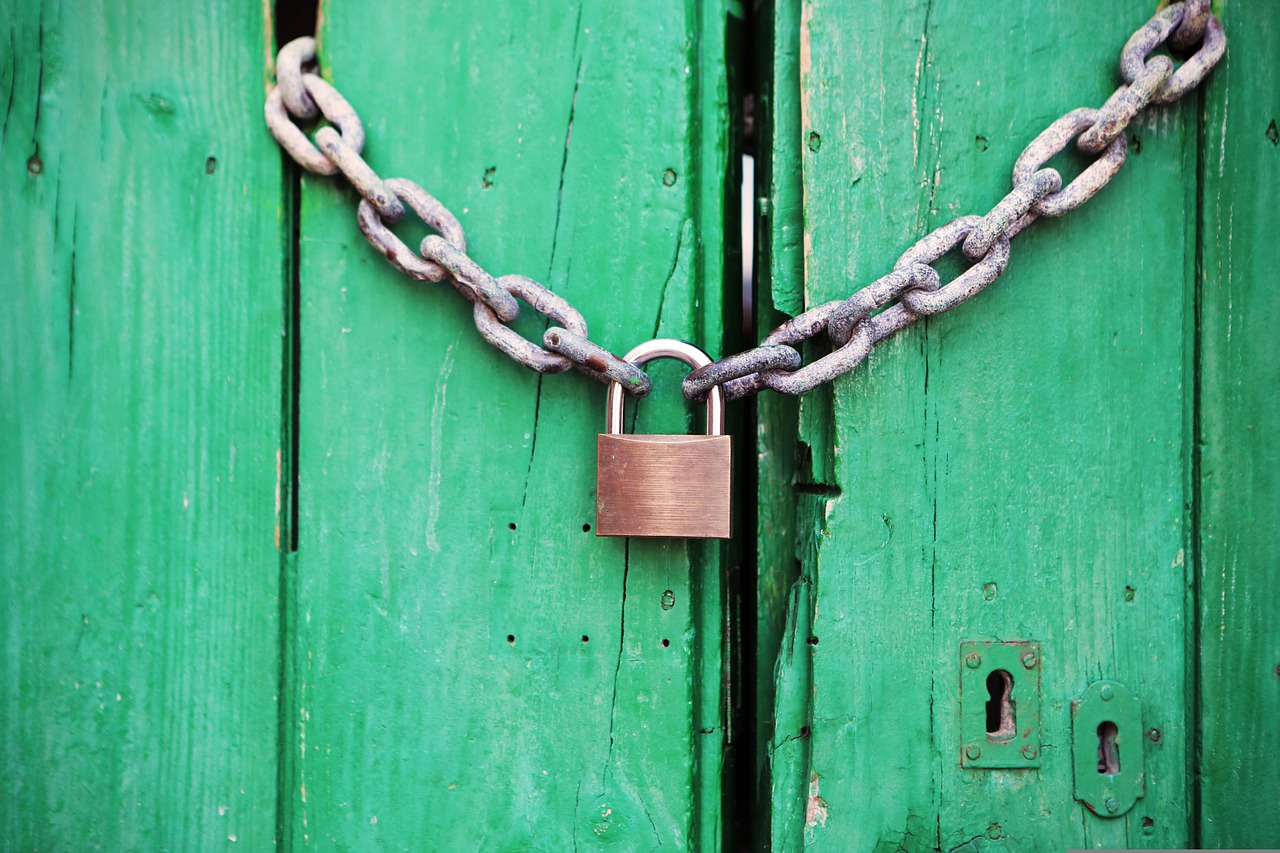
For purposes of buying a home, the list includes:
- Banks
- Credit unions
- Private lenders
- Insurance companies
- Government agencies
How Can You Find Your Credit Score?

You can get your credit report for free from Equifax and Transunion.
To get your credit report from Equifax, check out this link.
To get your credit report from Transunion, check out this link.
Other companies also provide credit reports, but some require you to sign up or pay.
Why Does Your Credit Score Matter?
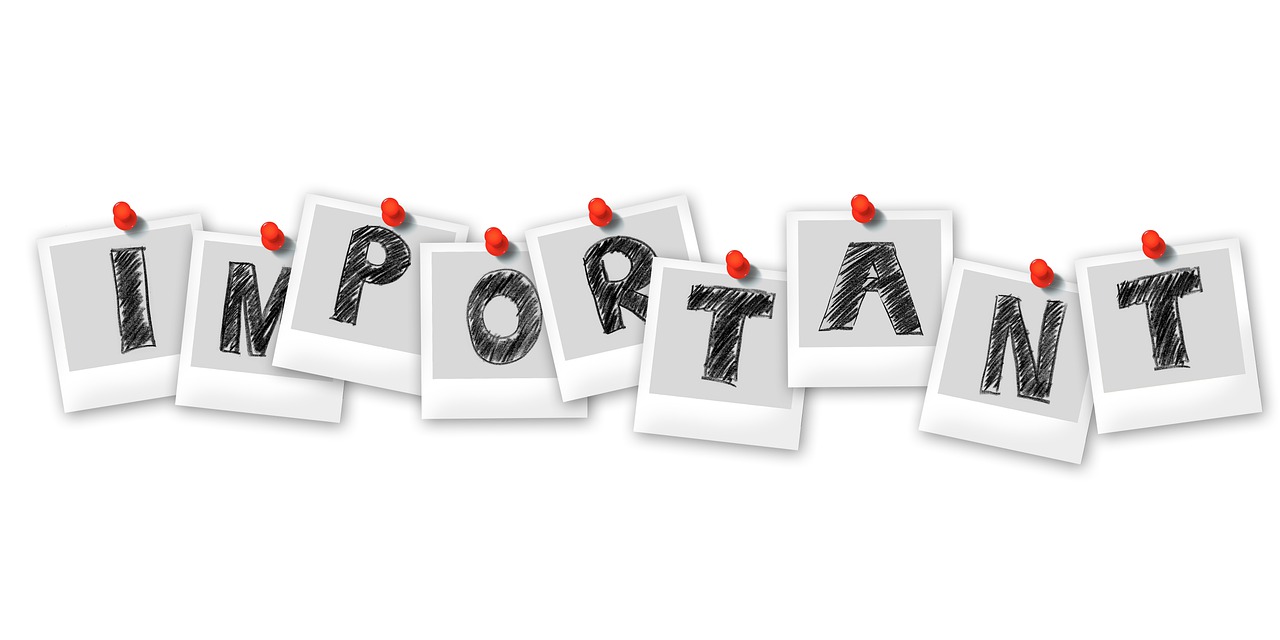
According to the Manulife:
Your score could be the difference between getting an approval for a mortgage and getting turned down.
So right from the start, lenders use your credit score to either qualify or disqualify you for a home loan.
Your score also influences how much interest you’ll pay on that home loan.
If your credit score is average, you’ll likely pay a higher rate.
Conversely, a great credit score means lower rates.
As the FCAC informs:
If you have good credit history, you may be able to get a lower interest rate on loans.
The result is that you’ll save a lot of money over time.
Credit Score Requirements For Buying A Home

As of 2022, the minimum credit score required to qualify for a mortgage through a traditional lender is 680.
Traditional lenders include big banks and credit unions.
A minimum credit score of 550 is required to qualify for a mortgage with B lenders.
These include mortgage finance companies or MFCs.
While there’s no minimum requirement for private lenders, they often demand a larger down payment and charge additional fees.
Most buyers should aim for a credit score of 680 or higher.
Although unlikely (especially among young buyers), a credit score of 740+ offers the best interest rates and terms.
How Is Your Credit Score Calculated?
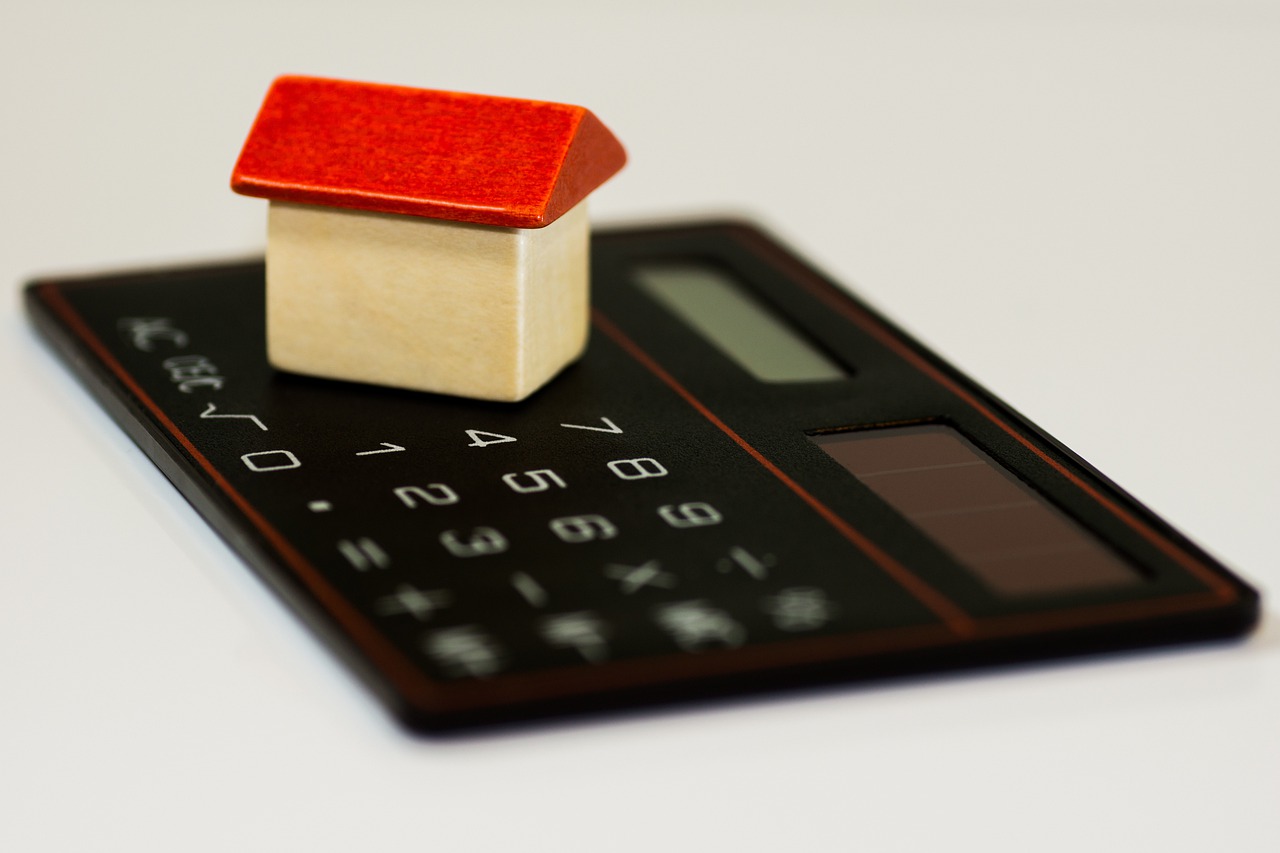
Your credit score is based on the following 5 factors:
1. Payment History
This is the most important factor.
Missed or late payments will hurt your credit score, while a history of timely payments will help it.
2. Credit Utilization
Simply put, this refers to how much credit you’re using versus the total amount available.
For example, spending $3,000 on a credit card with a limit of $10,000 is fine, but regularly maxing out your credit cards isn’t.
Experts recommend using less than 30% of your available credit.
3. Credit History
Your credit history is the average age of all your accounts.
Credit Karma informs:
The rule of thumb is that the longer you’ve had an account open for (and actually use it), the more this may help your credit health.
That’s why new home buyers should never cancel their oldest accounts or credit cards.
4. Credit Variety
The FCAC recommends having a mix of credit, such as credit cards, car loans, and even cell phone plans.
New home buyers should have at least two different types of credit that they use regularly.
5. Credit Checks
There’s two types of credit checks or inquiries.
Hard Checks, which occur when a business (e.g. a car dealership) requests your credit history.
These are recorded on your credit report and can affect your score.
Soft Checks, which occur when you request your own credit history.
Unlike hard inquiries, these don’t impact your credit score.
New home buyers should avoid frequent credit checks when applying for mortgages.
How To Improve Your Credit Score
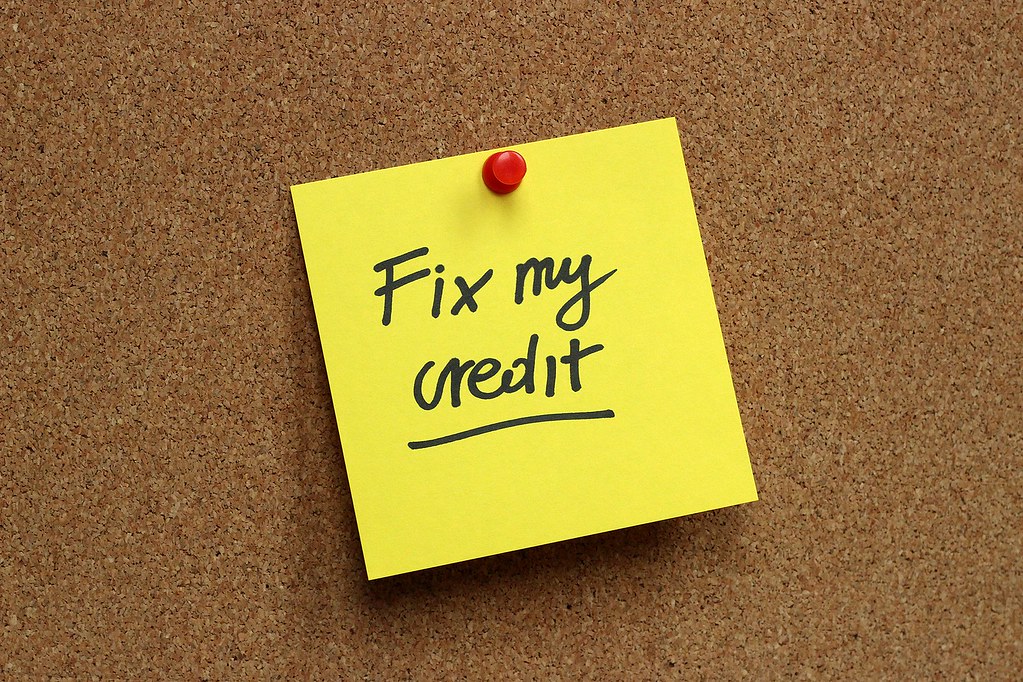
Now that you know what your credit score is, why it’s important and how much you need, let’s look at different ways to improve it.
Fix Credit Report Errors
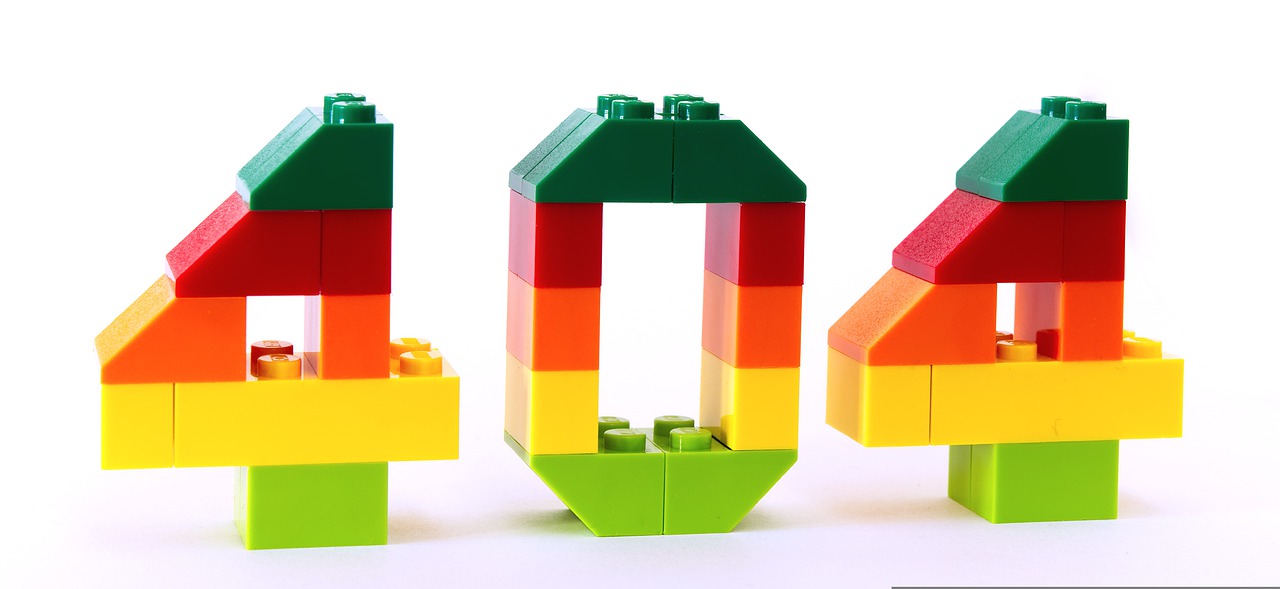
According to Loans Canada:
When it comes to the health of your credit, one of the most important things to do is make sure your credit report is up to date and error-free.
After downloading your free credit report from Equifax or Transunion, check for the following errors:
- Inaccurate Personal Details: e.g. the wrong name, birthday, address or phone number
- Incorrect Payment Status: e.g. on-time credit card payments shown as late
- Duplicate Accounts: the credit bureau may have mixed up your name with someone else’s
- Closed Accounts: cancelled accounts listed as open
- Out-Of-Date Information: ensure late payments are removed after their allotted time period
If you spot any errors, contact the credit bureau and file a dispute.
You can file a dispute with Equifax here and with Transunion here.
Before contacting either credit bureau, gather receipts, statements and other documents related to the error.
Limit Credit Checks
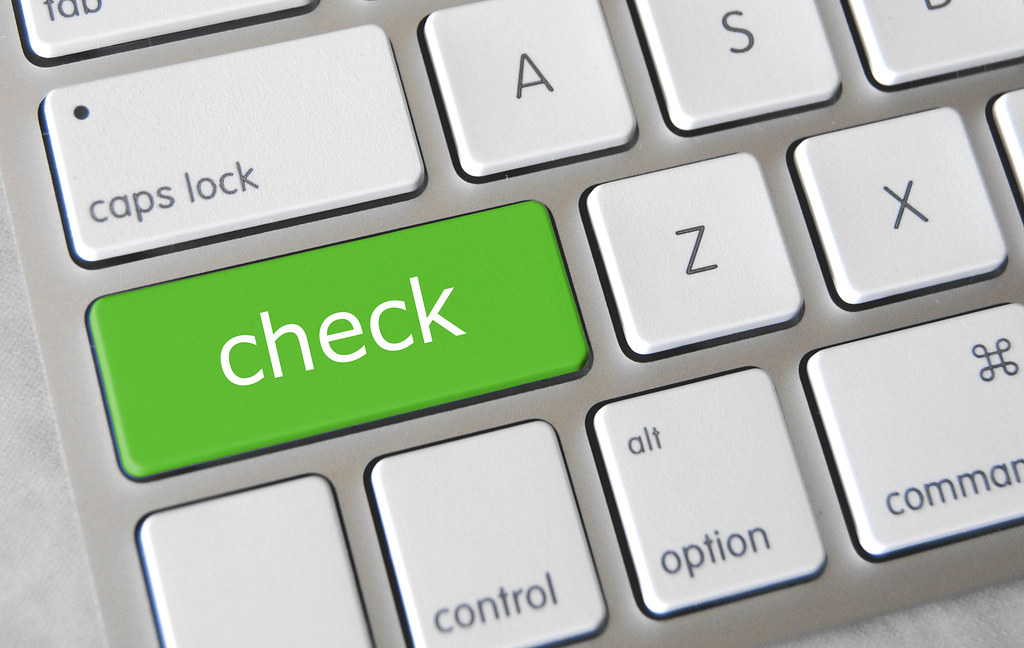
Every time you apply for a loan, the lender performs a hard credit inquiry, which can hurt your overall score.
But as Credit Karma reveals:
However, there is one exception to this – if you’re shopping around for the best rates for a car loan or mortgage, if these multiple hard hits are recorded within a two-week period, they’re treated as a single inquiry on your credit scores.
So when applying for a mortgage, get all your quotes within a 2-week period.
Have A Healthy Mix Of Credit
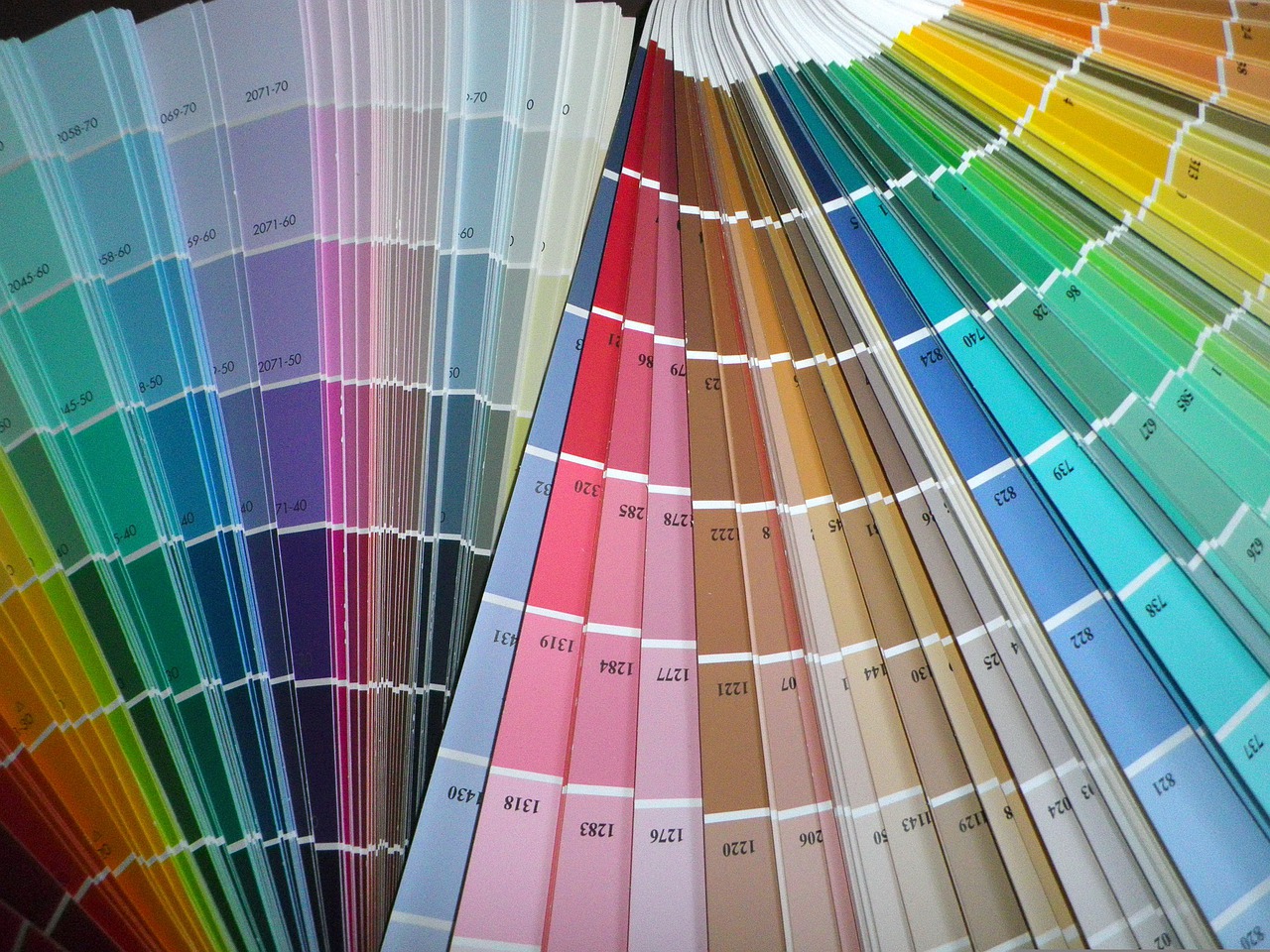
Consider applying for the following types of credit:
- Credit cards
- Car loans
- Lines of credit
- Installment loans
- Cellphone plans
Remember, multiple hard checks can damage your score, so don’t over-apply.
Get A Secured Credit Card

Loans Canada informs:
With every timely payment that you make, you can slowly and steadily build credit, since most secured credit cards report your activity to the credit bureaus.
Unlike regular credit cards, secured credit cards require a deposit before you can use them.
Never Exceed 30% Of Your Total Credit Limit
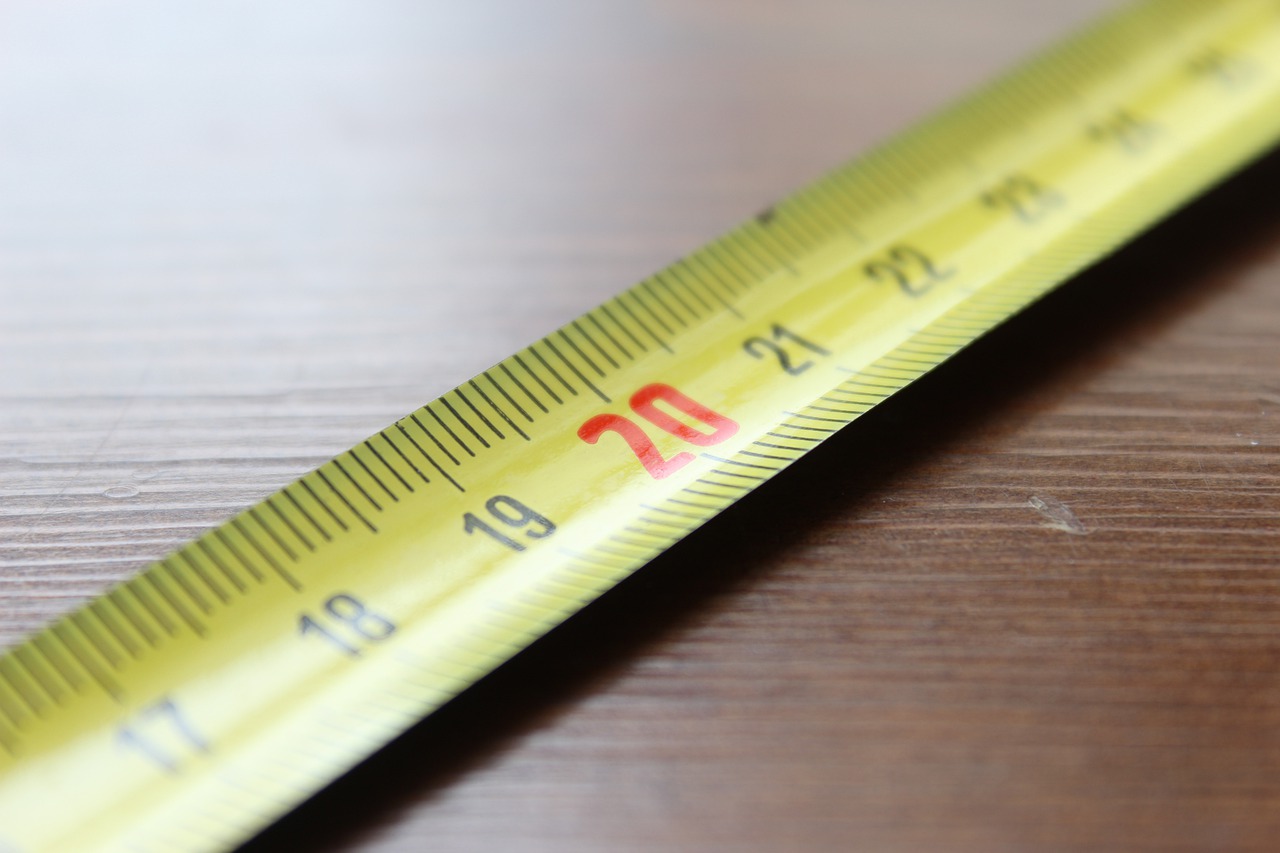
For example, if your credit card has a monthly limit of $1,000, then keep your total spending under $300.
Your credit score can take a hit if you use most of your available credit (even if you pay the full balance).
If a 30% credit limit on a $1000 credit card isn’t enough, consider increasing your credit limit.
A higher limit reduces your credit utilization rate and helps you maintain your credit score.
Also be sure to pay your bills on time and in full.
While paying the minimum balance is better than missing a payment, making it a habit of it can hurt your credit score.
Don’t Close Your Old Accounts
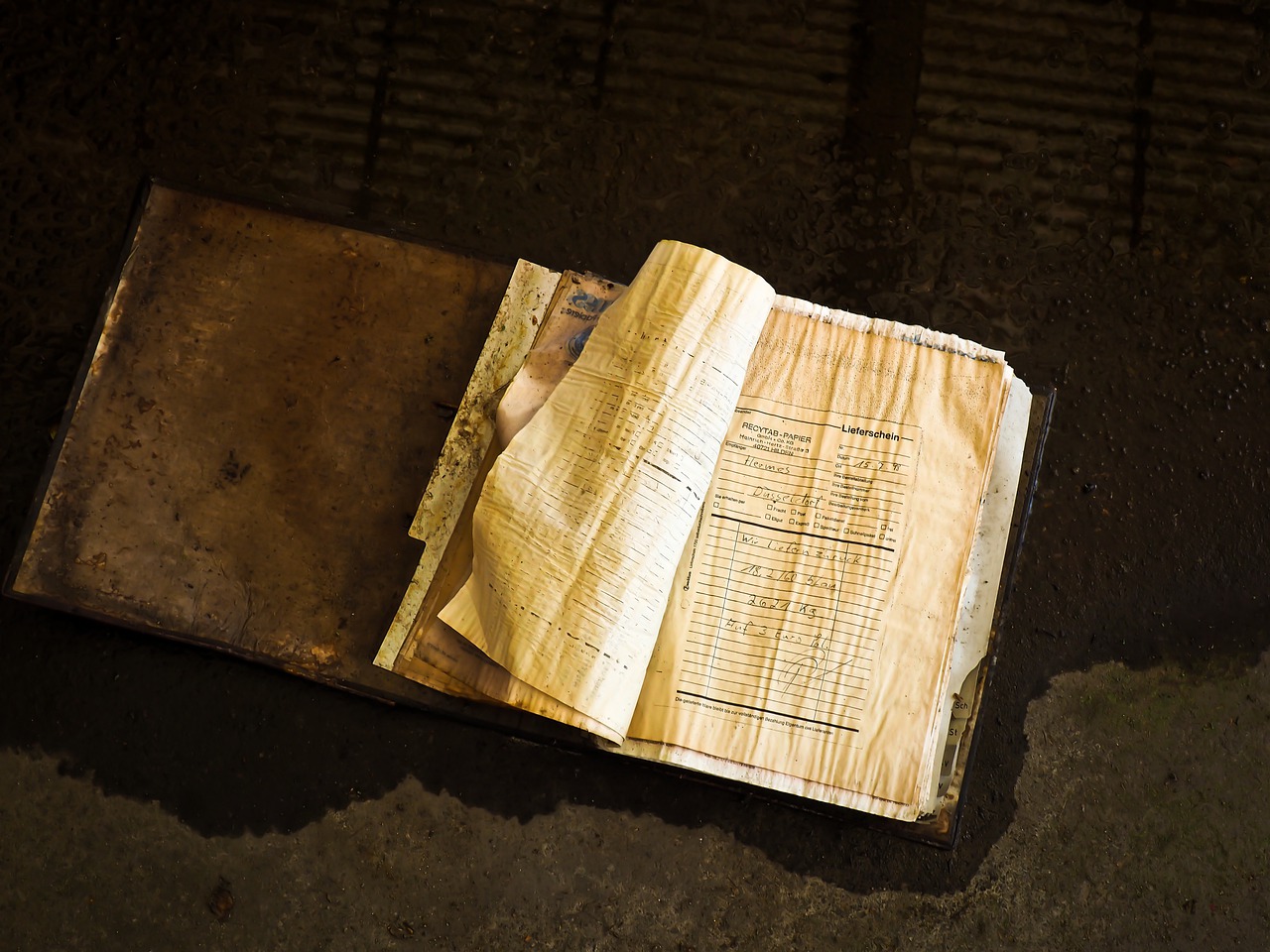
Borrowell explains:
When you close an old account, your credit score may actually drop because you’re causing your credit history to shrink. This is the last thing you want to do while building up your credit score to buy a home.
Since credit history is one of the 5 factors used to calculate your credit score, it’s best to keep old accounts open and use them from time to time so they stay active.
Become An Authorized User
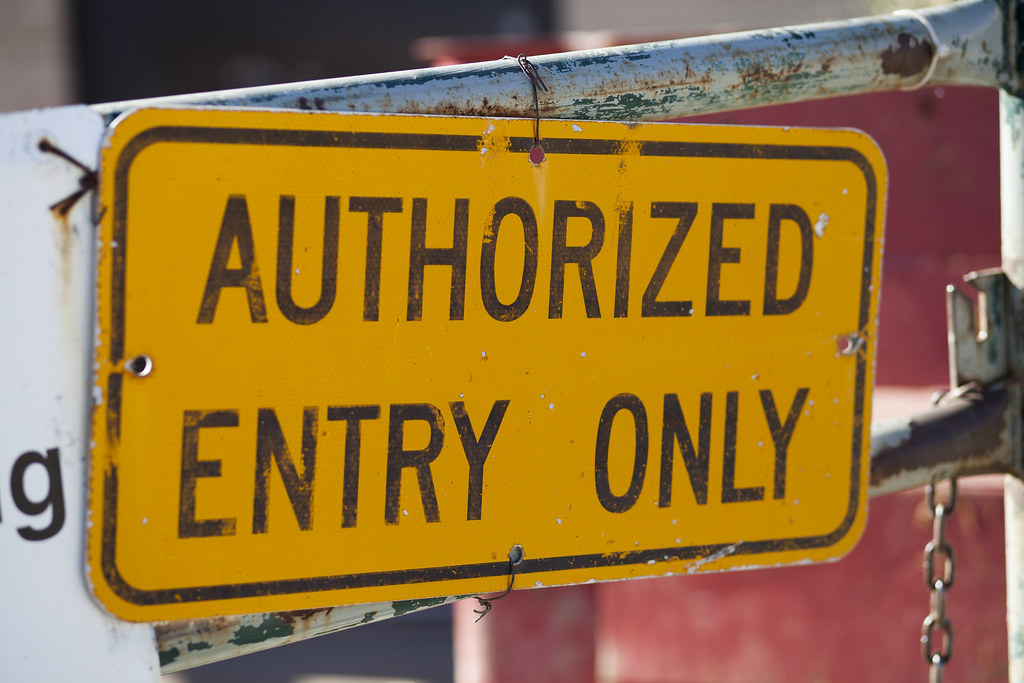
If a family member has excellent credit, you can improve your score by becoming an authorized user on their account.
For example, you can add yourself to a parent’s credit card.
Credit Score Conclusion
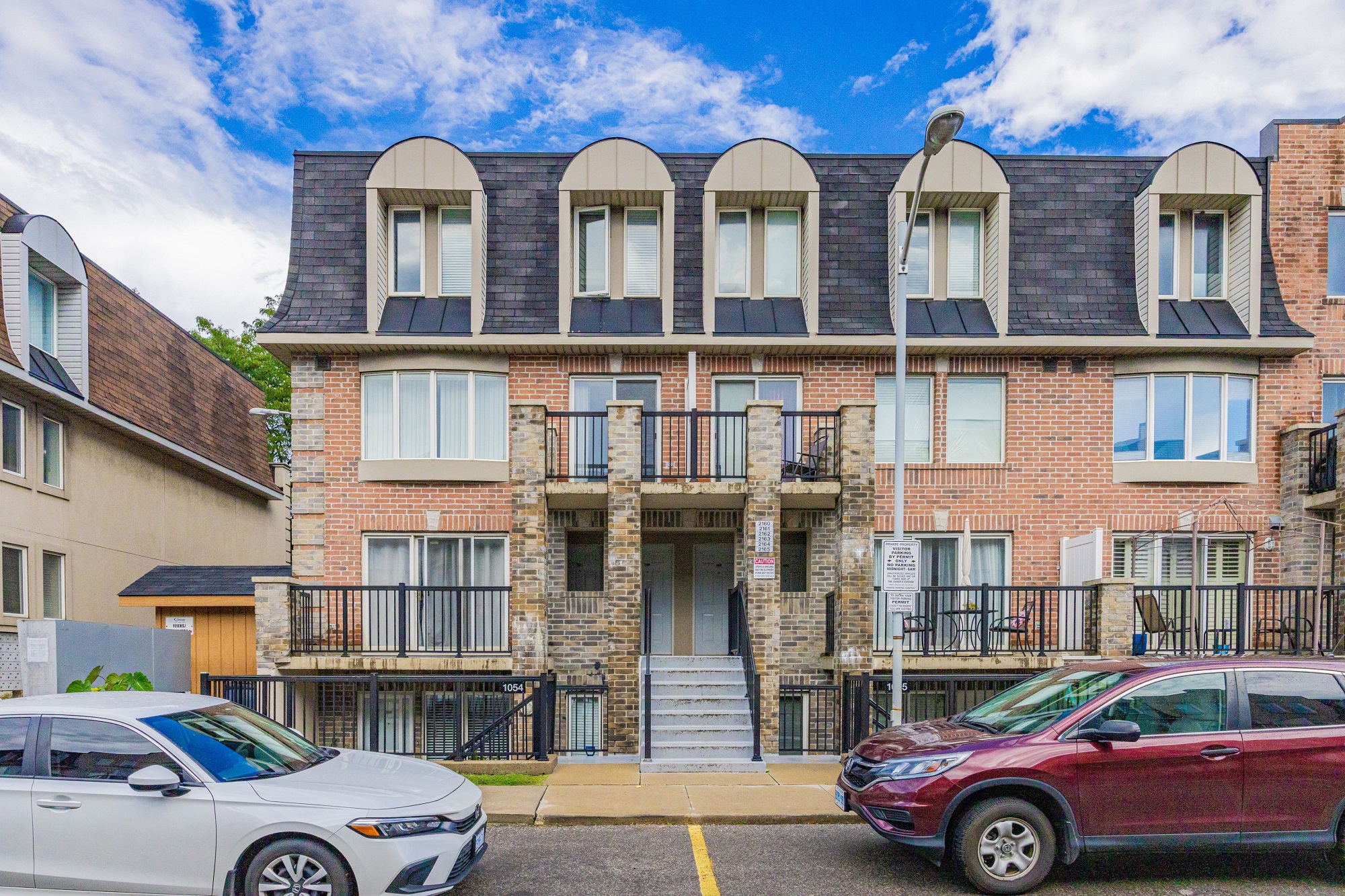
Lenders use it to determine whether to lend you money, as well as the interest on that loan.
The target number buyers should aim for is 680 or above.
However, that number can be difficult to achieve for new buyers, especially if they’re young and just starting to establish a credit history.
But by following the advice above, you can improve your score—and increase your chances of qualifying for a mortgage.
Want to know more about your credit score? Contact me below for details.
Wins Lai
Real Estate Broker
Re/Max Ultimate Realty Inc., Brokerage
m: 416.903.7032
p: 416.530.1080
f: 416.530.4733
a: Trinity Bellwoods Office: 836 Dundas Street West., Toronto ON M6J 1V5
Bay Street Office: 1170 Bay Street., Suite 110, Toronto ON M5S 2B4w: www.winslai.com e: wins@winslai.com
*Top Producer for 8 consecutive years – 2017 to 2024

